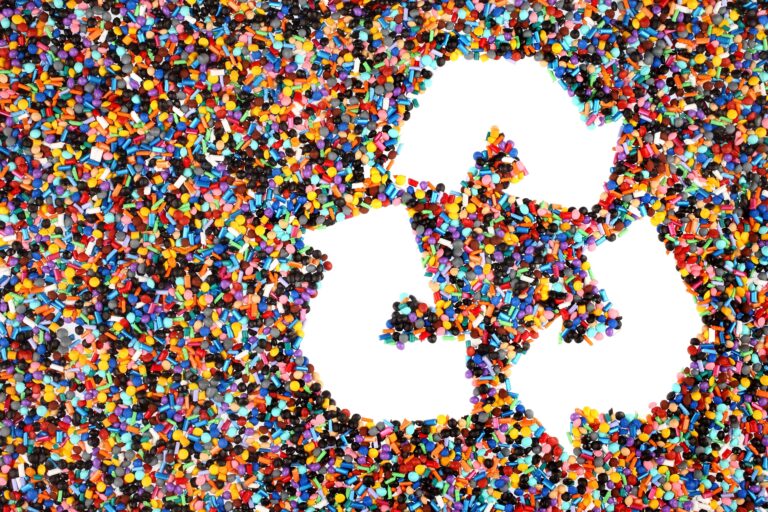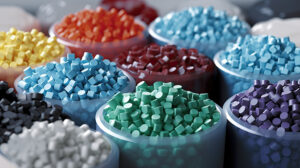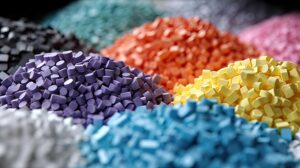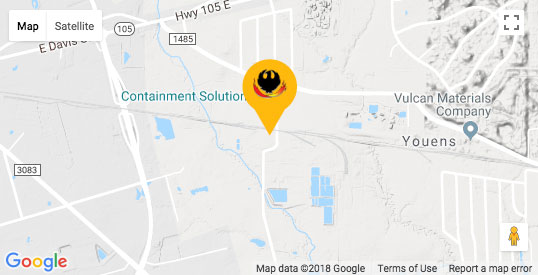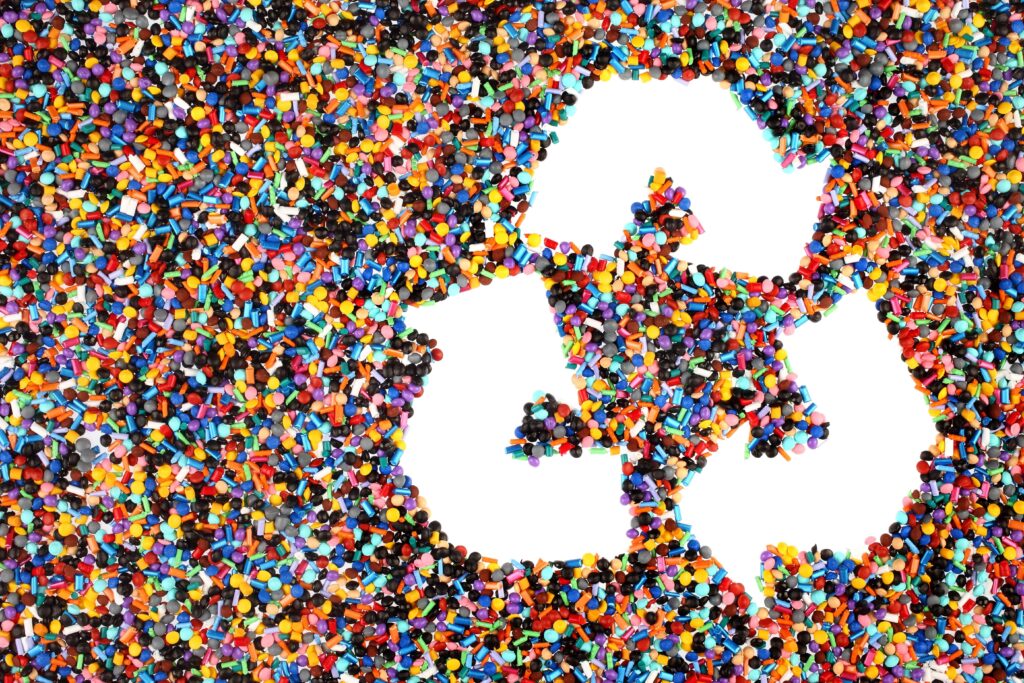
With the growing concern over the environmental damage caused by traditional plastics, companies have harnessed the power of degradable additives to transform the way plastics break down. In this article, we will unravel the mysteries surrounding degradable additives, their function, and their remarkable benefits.
What Are Degradable Additives?
Degradable additives are additives mixed with plastics, usually in chemical form, as the plastic changes from solid pellets to a moldable liquid form. They are designed to change how plastic degrades over time. Traditional plastics, like polyethylene, break down over a very long period and can leave behind chemicals and molecules that are harmful to the environment.
The idea behind degradable additives is to change how plastic breaks down so that they are less harmful to biomatter and to give manufacturers control over what conditions can break plastics down faster. One of their primary uses is to make plastics biodegradable.
For example, some degradable additives make plastic break down faster by allowing oxidation to break down its molecular structure. This allows for faster biodegradation of disposed plastics as they are exposed to the right conditions for oxidation to speed up their decay.
Other additives make plastic recycling easier. By changing their properties using degradable additives, some plastics can be made to easily break down into their base components during the recycling process. This makes those plastics easier to recombine into other useful plastic products.
Each type of additive can have a different effect, and manufacturers use these effects to design plastics with specific properties based on their uses and disposal needs.
Benefits of Using Degradable Additives in Plastic Manufacturing
The benefit of using degradable additives in plastic manufacturing is the ability to design plastics with properties that make them better for specific use cases. For example, manufacturers can develop products to be strong while in use but break down quickly when exposed to landfill conditions. The result can be more eco-friendly plastic products if designed correctly.
Plastic is a highly durable material, which is both a strength and a weakness. When a plastic part has outlived its usefulness, it can still take a long time to degrade. This creates landfill and waste problems. Here’s a deeper look at some benefits.
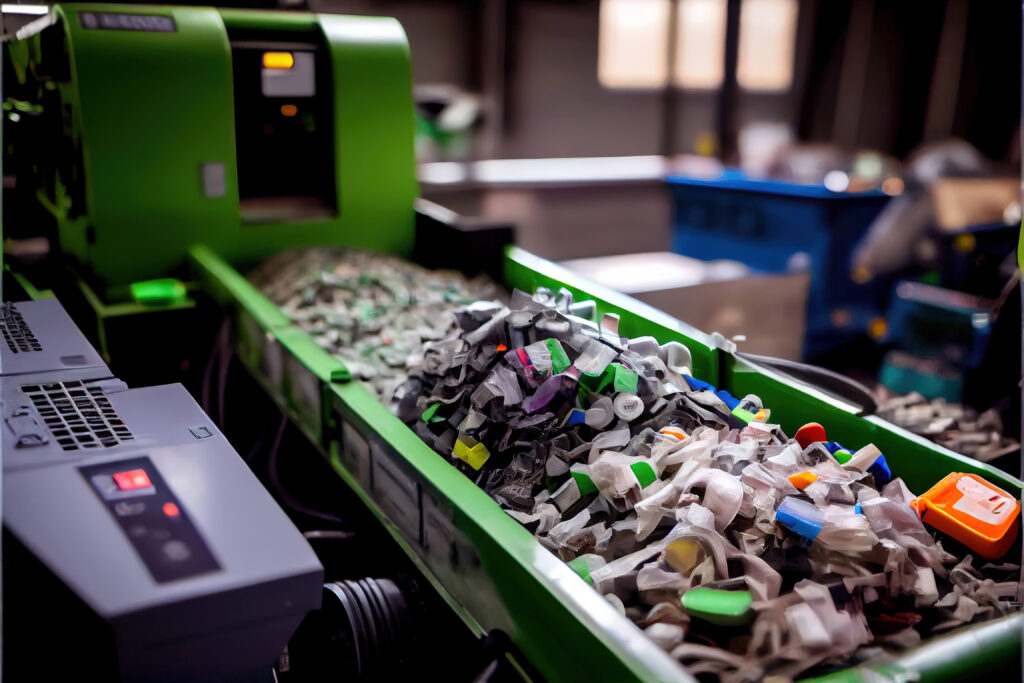
Reduced Waste
Plastic waste is a major problem for environmental agencies, plastic manufacturers, and city developers. Any effort to reduce waste is a significant step forward, and degradable additives make it much easier to deal with plastic waste.
Not only can they make plastics degrade in landfills faster, but they also make it easier to plan their uses. Changing the properties of plastics can make them more useful and reduce the need for additional parts, reducing the overall amount of plastic waste generated in different industries.
Cost Savings
When used correctly, degradable additives can improve cost savings by reducing the costs of manufacturing and disposing of plastic. By creating conditions where plastic can be degraded quickly, manufacturers can create plastics that are easier to manufacture and manipulate. This means fewer mistakes and less effort to make plastic parts, lowering costs.
Common Misconceptions About Degradable Additives
While degradable additives are widely used in the plastic manufacturing industry, they are also widely misunderstood by people outside the industry. The biggest misconception about degradable additives and the resulting bioplastics that they create is that the plastic will simply biodegrade over time. This is not exactly true.
Bioplastic degrades under certain conditions but can still represent a hazard if not disposed of properly. This is why many areas still need help with relying on bioplastics to handle plastic disposal. Plastics must still be handled properly to biodegrade or be used for other purposes.
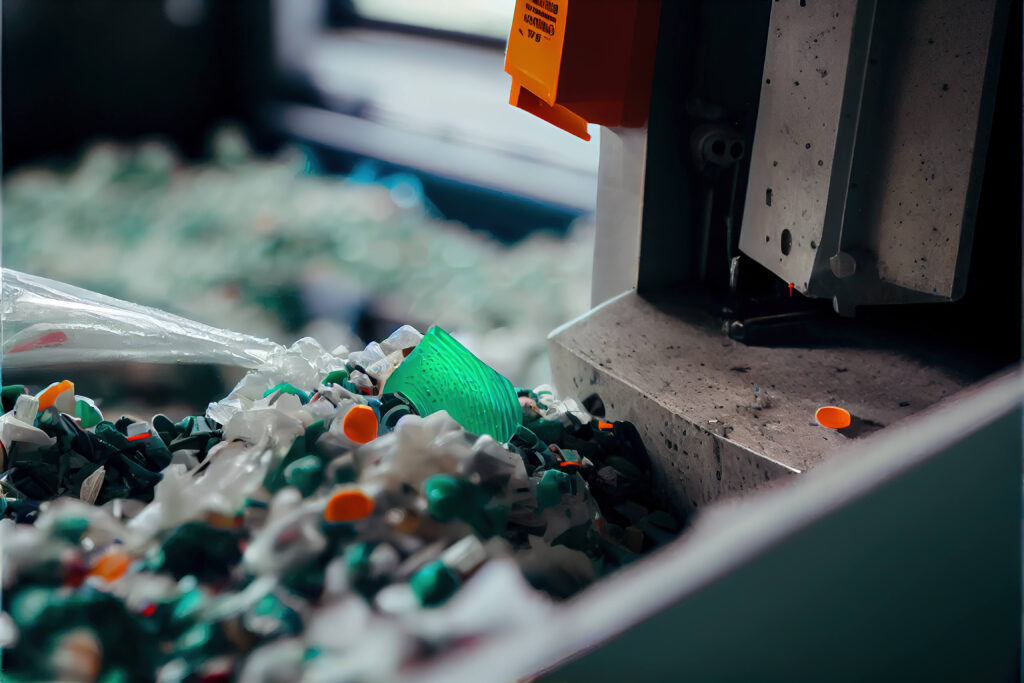
Turn Your Plastic into Bioplastic
Despite any of its drawbacks, bioplastics are a more eco-friendly option when compared to traditional plastics. Turn your plastic into bioplastic using degradable additives from Phoenix Plastics. We specialize in plastic manufacturing and supply operations. Contact us to discuss your next plastic or additives order.

